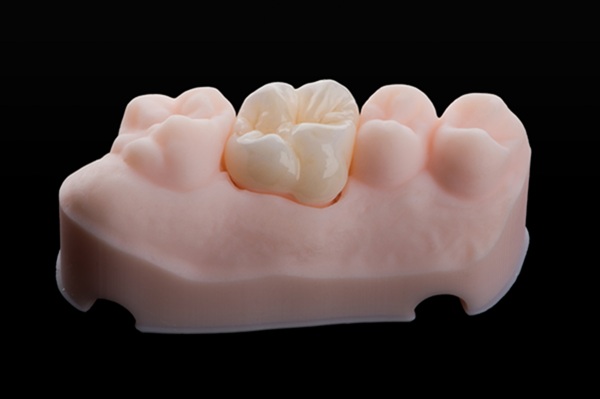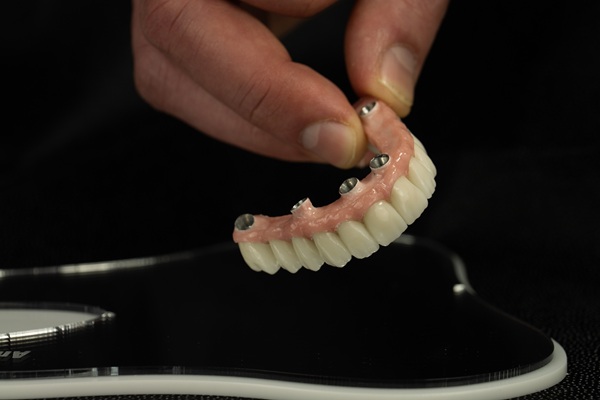What to Do if Your Teeth Get Knocked Out

Getting your tooth or teeth knocked out is not only a dental mishap but for many an aesthetic catastrophe. This is why it is wise to protect your teeth from any harm that may cause a knocked-out tooth. However, it is not possible to keep your teeth protected at all times.
In case your tooth gets knocked out by a violent blow, immediate attention is required in order to correct the situation. A tooth knockout is easier to recover from if you are a child than it is if you are an adult. Even adults can realize a full recovery, though, if action is taken fast.
The state of a knocked tooth
A tooth can be knocked out, either by a blow occasioned by sports, an accident or a brawl. The nerves, blood vessels and other supporting tissues will become damaged as well. The damaged vessels and nerves cannot be repaired which necessitates the need for a root canal procedure. If proper action is taken in good time, both the tooth and the corresponding damaged vessels will go back to their original healthy state.
Do’s of knocked-out teeth
Handle carefully
When a permanent tooth suffers a blow that knocks it out of its socket, handle the tooth with care. You want to handle the tooth by the crown which is the hard white part and not the yellowish part that was under the gum since that part is extra sensitive and can be damaged easily.
Rinse
If the tooth accumulates dirt from the fall, rinse it in saline or milk but not water. This helps prevent the tooth from damage, keeping it fit to be placed back into your mouth.
Place it back
Place the clean tooth back into the gum with the pointy part facing downwards into the gum facing its socket. Don’t try to forcefully insert it. If it does fit in well, keep it there by biting on something soft such as a cloth and then visit the dentist. If the tooth doesn’t stick, keep it moist by dipping it in milk, applying saliva or dipping it in saline
Visit the dentist
Make a point of visiting the dentist as soon as possible in order to stand a chance of a full recovery.
What will the dentist do to fix this?
Cleanse the area
The dentist will first cleanse the area to get rid of any debris that may have been left by the blow.
Carefully place the tooth back
He or she will then proceed to place the tooth back after cleansing the area. The dentist may or may not perform a root canal — it depends on how long the tooth has been out of its socket. They will then place a splint on your tooth in order to keep it in place for a while as the area recovers.
Don’ts of knocked-out teeth
Don’t let it dry
Keep the knocked-out tooth moist at all times using milk, saline or saliva.
Don’t handle the root
Make sure to handle the shell part of the tooth and not the root.
Questions?
Have more questions? Contact our office and we can answer any additional questions you may have and help guide you in making the best choices for your teeth and oral health!
Request an appointment here: https://www.tucsonazdentistry.com or call Advanced Family Dentistry at (520) 353-3002 for an appointment in our Tucson office.
Check out what others are saying about our services on Yelp: Read our Yelp reviews.
Recent Posts
A dental emergency can happen when your teeth, gums or jaws are injured. Even if you have what seems to be a mild injury, it can cause serious problems to these areas later. For example, an injury that damages the pulp of the tooth may kill the pulp and cause the need for a root…
Experiencing dental trauma or severe oral health conditions can require a visit to the emergency dentist. Read on to learn about dental issues that an emergency dentist can address. While certain situations are straightforward to diagnose and treat, emergency dentists may also diagnose and treat more difficult issues.Many people do not visit the emergency dentist…
The assistance of an emergency dentist is necessary for some instances of dental trauma. As an example, there is no sense visiting with a regular dentist if you have a nearly unbearable oral pain resulting from your teeth being knocked out. Professional assistance from an emergency dentist is necessary to alleviate the pain, restore your…
A general dentist can help you to get past any toothache. Toothaches tend to occur as the worst possible times and they are usually an indicator there is something wrong with that specific tooth.Toothaches are often the result of a tooth being damaged by decay or trauma. It can also be a symptom of an…


